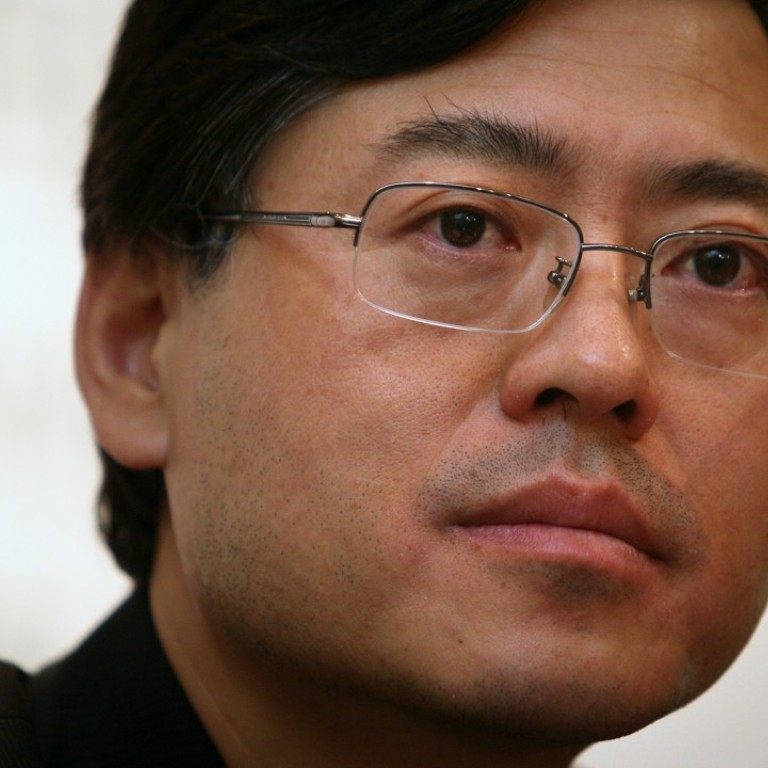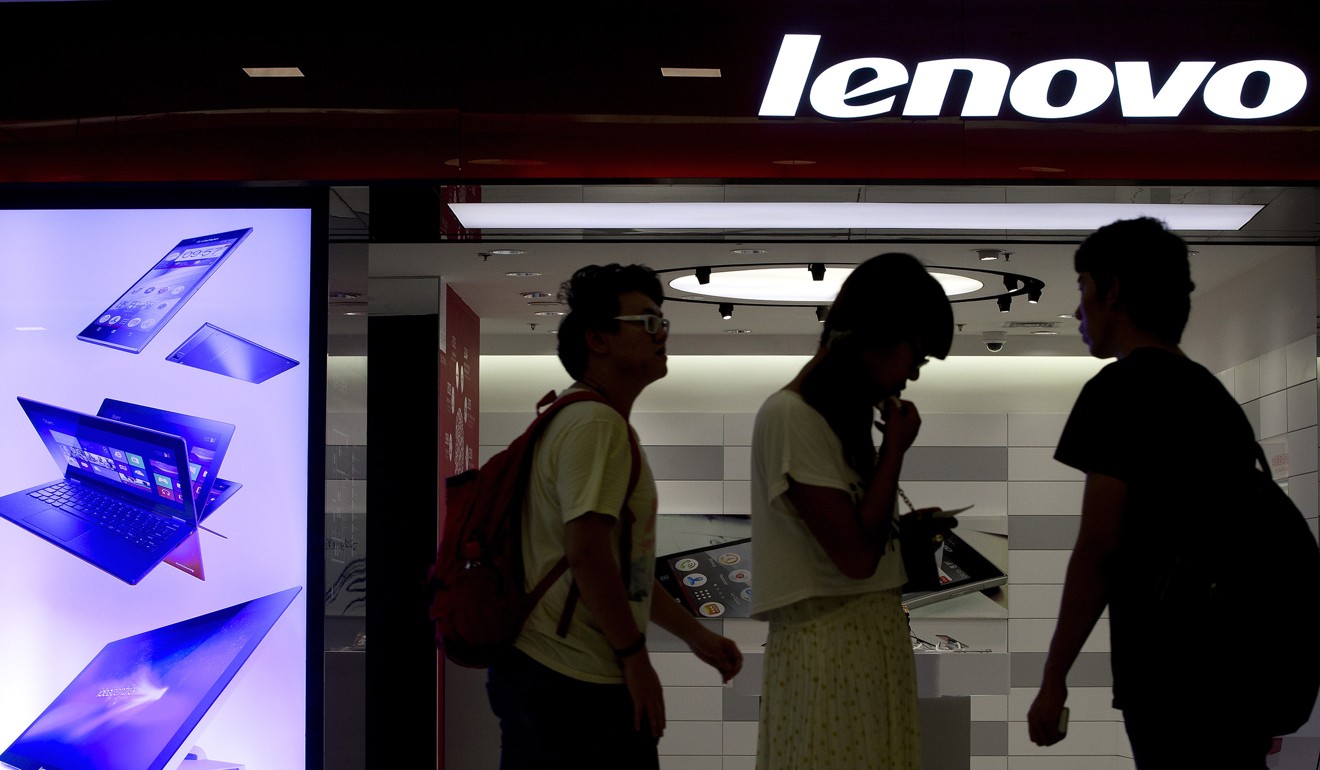
Lenovo earmarks US$1.2 billion for AI research and development
Computer giant also stepping up transformation at its underperforming mobile and data-centre businesses to drive sustainable profit growth
Chinese technology giant Lenovo Group is upping its ante on artificial intelligence (AI) by earmarking at least US$1.2 billion to beef up research and development in this field, as it predicts drastic changes to personal computers and consumer electronic devices over the next three to four years.
Yang Yuanqing, the chairman and chief executive of the world’s second-largest personal computer supplier, said on Thursday that computers, mobile phones and other electronic devices would not survive unless these are based on systems that make them “smarter”.
“Sales of PCs and other devices will go downhill if AI technologies are not used properly to meet consumer demand,” Yang told the South China Morning Post.
Sales of PCs and other devices will go downhill if AI technologies are not used properly to meet consumer demand
“AI is priceless and is certain to bring a sea change to all production lines in the PC industry.”
He emphasised that the US$1.2 billion research and development budget over the next four years was “the minimum amount” Lenovo plans to invest, as it anticipates smart technologies and cloud services to effectively be integrated into various consumer electronics products.
Lenovo, which has operations in more than 160 countries, returned to profit for its fiscal year ended in March, reporting net profit of US$535 million, compared with a US$128 million loss the previous year.
Rui Yong, Lenovo’s chief technology officer, said the company was rapidly transforming itself from being a purely computer hardware and device maker, into a provider of cloud services.
At Lenovo’s Tech World event in Shanghai on Thursday, the company announced it would tie up with JD.com, one of the mainland’s largest e-commerce companies, to develop so-called big data technologies and partner with electric carmaker NIO to build a computing platform for smart vehicles.
Yang said Lenovo is also accelerating the transformation of its underperforming mobile and data-centre equipment businesses to drive sustainable profit growth.

“I believe every device will generate data for analysis, and by making better use of them with computing technologies, we can generate much smarter devices (for consumers) and offer better services (for businesses),” he said.
“Our efforts will be rewarded in future if we can remain a front-runner in AI.”
Lenovo’s sales of personal computers, tablets and other smart devices in its fiscal year to March decreased 2 per cent year-on-year to US$30.1 billion.
Yang forecast a flat personal computer market worldwide this year, but predicted Lenovo’s loss-making mobile business would swing back into the black in the second half of this financial year.
In May, Lenovo said its smartphone business would sharpen its focus on mature economies to dodge fierce competition from rival mainland brands.
“In AI, every big player who doesn’t focus on devices can be our partners,” Yang said. “We want to be a pioneer and leader in the AI arena.”

